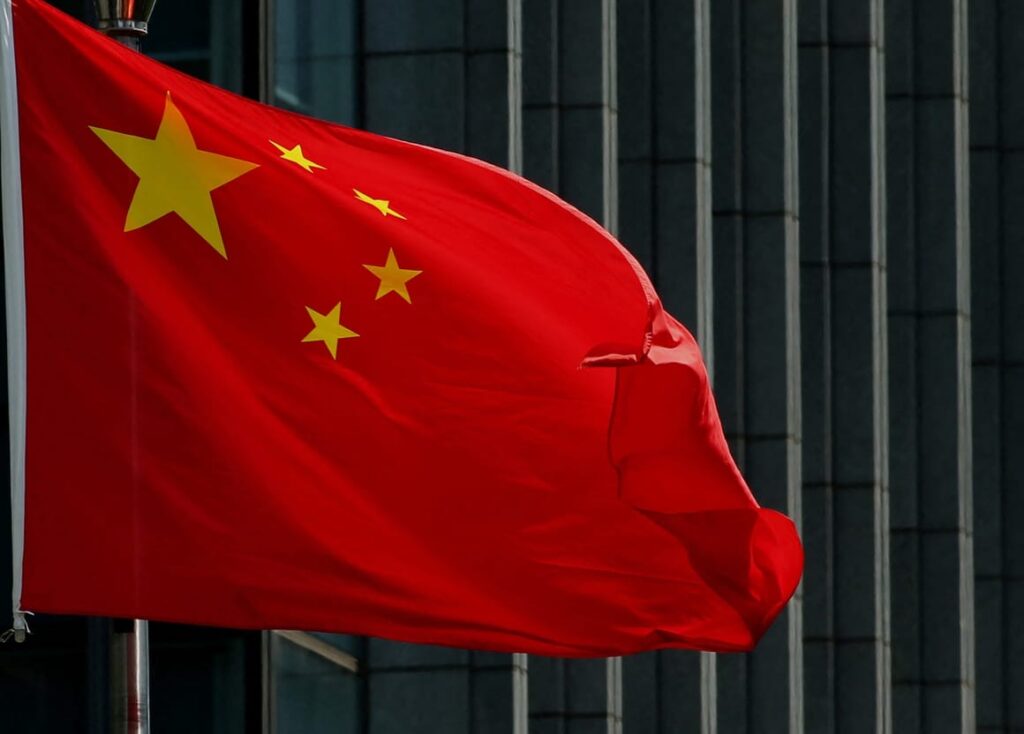In a recent development reported by The Wall Street Journal, China has expanded its longstanding policy of reducing dependency on foreign technology by banning the use of Apple iPhones and other foreign technological devices in government agencies.
The action primarily stems from China’s concerns over cybersecurity threats originating from foreign countries. This move is not only a significant escalation of Beijing’s focus on domestic technology, but also a potential blow to Apple’s reputation for prioritizing user privacy.
The Cupertino-based tech company has long promoted its iPhones as paragons of user privacy. However, the Chinese ban suggests that Apple might be inclined to dilute its security measures to align with local regulations.
Apple’s iPhone has achieved a considerable foothold in China’s high-end smartphone market, partly due to Huawei’s challenges in competing in the 5G market under U.S. sanctions. Yet, the recent embargo on the use of Apple devices in governmental offices could potentially harm the company’s image and fuel suspicions of espionage or interference, thereby affecting customer trust and future sales in China.
Observers point out that the ban contradicts Apple’s central marketing message of user privacy. Critics argue that the company has already made concessions to its privacy policies in China, especially in how it handles iCloud data for Chinese users. While Apple maintains that it exclusively holds the decryption keys for this data, the fact that the information is stored in data centers located within China has raised doubts among consumers about the security of their information.
Furthermore, this move can be viewed in the context of the tense international relations between China and other countries, notably the U.S., which has imposed various restrictions, including semiconductor export limitations targeting China’s military capabilities. In retaliation, China continues its aggressive strategy to cut back on its reliance on foreign technology, aiming to cultivate an autonomous domestic supply chain.
Coinciding with China’s action, Russian authorities have escalated their scrutiny of Apple by prohibiting thousands of officials and state employees from using iPhones, citing espionage concerns.
Although the ultimate impact of these bans on Apple’s global standing remains uncertain, they certainly raise questions about the company’s future in these significant markets.
